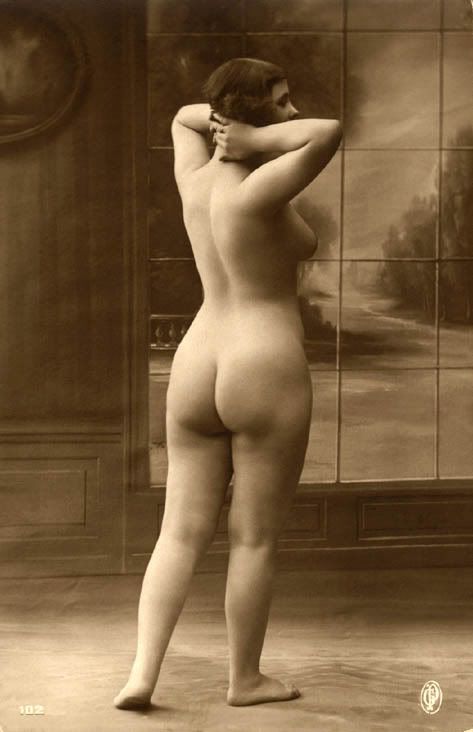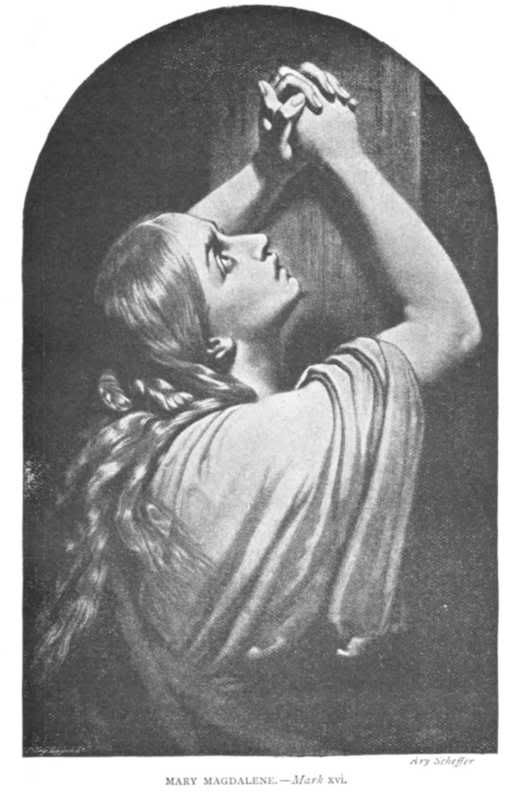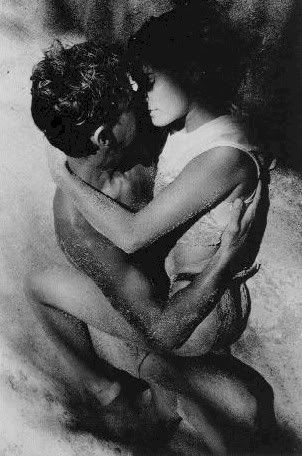Monday, 11 June 2007
That Something
Nitolbu (II)
ihares b’halqu miftuh ‘il fuq lejn is-saqaf
imlewwen bil-moffa.
Ommu,
l-ixkaffa ta’ sidirha riha ta’ hobz,
ghajnejha maghluqin fl-estasija
tal-litanija.
Tfajla sabiha titrekken fuq iz-zuntier.
Midinba, qalet, ma tghaddix minn go l-bieb;
ghajnejha djamanti,
ifframmentati,
miksurin bid-dmugh.
U jiena niccassa-
dak il-kurcifiss mhux qieghed fin-nofs ezatt;
qed jaqbadni genn biex inqum u niddrittah.
Ghalfejn qieghdin hawn,
migburin, imnikktin?
Lkoll nitolbu lil dan l-Alla tal-hallelin
(u ahna hallelin—
jiena fuq naha
w’inti fuq ohra).
Wednesday, 16 May 2007
Nitolbu (I)
ihares b’halqu miftuh ‘il fuq lejn is-saqaf
imlewwen bil-moffa.
Ommu,
l-ixkaffa ta’ sidirha riha ta’ hobz,
ghajnejha maghluqin fl-estasija
tal-litanija.
Sidna Gesu’ Kristu fuq salib ghalik miet,
ibni.
Friday, 11 May 2007
The Language Issue
One of the advantages of being Maltese is that we are bilingual. I thought most people would agree with this; as I discovered, I was very much mistaken. I was enjoying a cocktail and a discussion at a party once, when the language issue arose. I was amazed at how fervently those patriotic people voiced their argument that, in
The following is the answer given to me by one especially fervent patriot (in Maltese):
‘I was at a restaurant and there was a foreign waitress. I spoke to her in Maltese. When she said she didn’t understand, and would I please speak English, I refused, and asked to speak to the manager. I figure if she can work in
‘Mela!’ and ‘Naqbel mieghek jien!’ seemed to be the general reaction to this; my eyebrow continued to rise.
‘But’, I tried to argue, ‘if you go to any other European country, like
‘I don’t care’ was his obviously educated response.
Though Maltese is
The Maltese language is very important to us: as Derrida said, every language is based on its own unique ideology: this means that Maltese is an accurate portrait of our identity as Maltese people. It is a beautiful language, both poetic and practical, and reflects the island’s history.
Yet, surely English is important too. Maltese is a language spoken by only about 500,000 people world-wide, and while we should be proud to have our own language, we must realise that outside
Another thing that really gets to me is the ‘fonetikal’ spelling we seem to think it is our right to adopt. Picture this: you’re eating your cereal, reading a Maltese newspaper which seems innocent enough; then, all of a sudden, without warning, you spot a word such as:
-Xawer
-Skrin
-Futbol
-Ticer
-something equally abominable
In these situations, what I tend to do (after I have finished screaming, of course) is close the newspaper, fold it down the middle, throw it on the ground disdainfully, jump up and down on it whilst making agitated noises. Then, I grab the nearest Oxford English Dictionary and read 2 or 3 pages of that to cleanse my mind.
Just because you slaughter a word, that does NOT make it Maltese. Three words: USE. INVERTED. COMMAS. Seriously, all you have to do is write ‘shower’; ‘screen’; ‘football’; ‘teacher’ (respectively) instead. We will all understand you just as well, if not better, and you will spare us the tearing-out-of-hair.
Thursday, 12 April 2007
Non Fiction Fiction
Non Fiction Fiction
My grandmother is sitting. Her armchair looks coarse and feels soft, and is roughly the colour of tea with not enough milk in. Her cobalt eyes look wet, but she says they are always watering. I think of my old green watering can with the purple flower on it: I never did like gardening, and watering eyes is a peculiar concept.
She tells me stories, my grandma; black and white stories: men in top hats with canes; ghosts in top hats on the stairwell. I and my technicolour do not fully appreciate these stories until I am much older (my grandma also predicts this).
My grandmother rests her bad leg on a stool with a blue and yellow blanket. That blanket always made my eyes dry and itchy. She reaches into her pocket and pulls out a 50p coin and rosary beads. ‘This is for your pocket money’, she says, ‘and now it is six and we must pray.’
I watch and mime as her thin lips fumble over the Mary Full of Graces. Her watery eyes are closed. The rosary beads are made of real dried rose petals. When I use them I close my eyes and hold them in the groove between my nose and my mouth. Grandma thinks it is because I am passionate; they are old, but if you hold them close enough to your face and breathe in through your nose then you can still catch a whiff of musk.
Grandma’s flat is very different to the way it is now. Now, as I write this, they are stripping the walls of their paint, and they are hanging up ‘aubergine’ curtains. Grandma’s curtains are deep red and regal. My hair then is still blonde and long past my waist. My mother brushes it everyday- one hundred brushes- and scolds me when I put strands of it in my mouth.
Grandma has finished praying and I have finished pretending to. She reaches over to the plate on the table by her chair and produces an aniseed ball. I like the way they burn your tongue at the beginning. When it starts to taste sweet you can pull it out of your mouth and it is white; and if you suck it small enough and pull it out of your mouth, it looks like a tooth. I tried putting a small white aniseed ball under my pillow one night, but the tooth-fairy is not easily fooled.
I have finished my homework, and crossed out the tasks in my diary. My grandmother tells me I am a very good girl when I show her this. When I show her my mathematics copybook she tells me she can only remember her calculus because her teacher was a nun who wore her spectacles too far down on her nose and handed you caramels when you got your answers right. She tells me I must improve my handwriting: it looks like a mischievous spider swam in an ink-pot then danced on my copybook. I giggle and think of Little Miss Muffet. Her spider wore a top hat too. I decide that I like spiders. I do not like cockroaches.
Sunday, 1 April 2007
Too Late for Roses

I walk around the unsilent city;
I am trying to make it my own again.
The yellow walls breathe with your hair.
I like to think I could possibly maybe forget your tragic face.
We and the world are changing;
the only change is toward death, V says.
Perhaps in this decomposition,
stagnation,
as the roses sing love in their putrid aromas we could for once look at each other neutrally.
My intention never was to offer you roses;
I never basked in the moronic uncertainty of a sickly-sweet promise.
I think I knew it right then, the first time your tongue shivered over my nipple,
that forever only exists if you are dead.
(And I am not)
Thursday, 22 February 2007
To Nobody

There is something anarchic in the way you twirl your hair; something uncontrollable in the rose petals that fall at your feet. The curve of your lips completes me so I am a sphere: complete in myself, still dependant on that curl, that dimple, your hips. There is something, I do not know what, which disarms me. You wave me aside with a gesture that could overthrow countries; a cobalt-textured gesture. At your feet I would gladly morph myself, become a pyramid, my revering hands at the apex. Or if you uttered the words I could box myself in perfect Golden Ratio and present my crimson self to you. If you wished, I would disregard all symmetry and shift into a trapezium so you could use my slanted back as a pedestal. There is liquid hope in spheres. Just utter the words.
Saturday, 9 December 2006
Verve for Curves

Researching this article, I came across a subsection of the Cosmopolitan website devoted to Diet, with the disclaimer “because we all want to release our inner skinny girl.” Undoubtedly, any idiot flipping through any given glossy mag would realise that the fashion world has a penchant for the skinny girls, with their protruding ribcages and hip-bones poking out everywhere. What is worrying, however, is that the fashion world’s fetish extends even to unhealthily skinny girls. Where do we draw the line? Thinness? Emaciation? Death?
Just ask Ana Carolina Reston, the 21-year old Brazilian model who died of heart failure caused by Anorexia recently. The 5’8” model was under pressure by her agency to lose weight, and used the eating disorder as a crash-diet. She weighed 39kgs when she died.
So my question is, is it true that all women want to be skinny?
No. Definitely not all women because you can count me out. I don’t want to be skinny, nor do I want to be obese. I want to be healthy: the sexiest body is the body which comes when you lead a healthy lifestyle. That is what glossies should be promoting: healthy eating, regular get-the-heck-off-your-butt-and-exercise,
Having said that, a niggling voice at the back of my mind keeps reminding me of another point I want to bring up: people who study art (especially people who went to the same tutor as I did) know that ‘a curve is a sign of beauty’. Why? Because essentially, the straight line represents the male, while the curve represents the female. Curves are attributed to fertility, hence ‘Il-Mara il-Hoxna’ being the goddess of fertility (I can hear your minds clicking even now). Besides, women are meant to have bellies- they are there to provide padding for the uterus. Betcha didn’t know that!
Throughout the history of art, curvy women have been celebrated. Just picture Botticelli’s Birth of Venus- the goddess of Beauty. Take a look at Rubens’s Women, all lush and soft; Tamara deLempicka’s women, all curves; statues of Grecian goddesses, with their almost semi-circular hips. I could go on forever. What went wrong? Well, my guess is that with the fertility problem out the window (thank you, in-vitro), we have begun to experiment with alternative forms of beauty- androgyny, distortion. That’s great, in my opinion, but not when you lose your original idea of beauty and Beauty stops being subjective. Who are we, Plato in his imaginary world of Forms? If everything else in the world can be subjective, why can’t Beauty, of all things, be too?
Magdalene

From the tips
Of the JUDAS tree
Her love bleeds
Je ne vais pas
mourir
Her eyes are wide with fear
I'm coming down
Out of your skin
I feel it now
And my senses are reeling
She feels old
And her hands are cold
Her heart is dry
She falls
She rises
She circles again
I'm coming down
Out of your skin
I feel it now
And my senses are reeling.
We Are One

Yesterday we danced with the Universe;
Sacred like your Deep Sex.
Woman, speak not of Ghosts!
Translucent is my Liquid Sky;
Warm Poison on your Lips.
